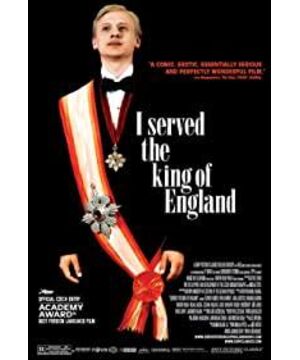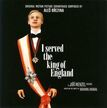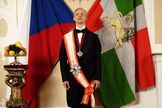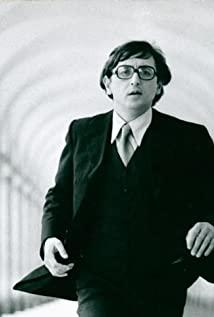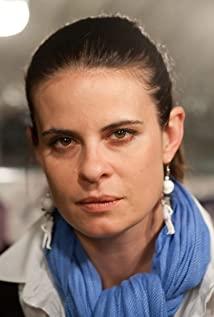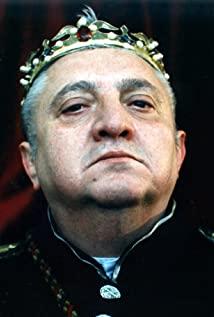In the movie, Jan Díte often sprinkled coins on the ground to watch the ugly greedy and sneaky look of the high-society people picking up coins, but he was secretly laughing. Although he himself admired the Jewish businessman very much and posted the money one by one on the ground, he also liked to watch some well-positioned people pick up some change that did not belong to him on the ground. What kind of attitude does he use to look at money? When he was still working in a small town hotel, he began to learn to go to prostitutes, but then the prostitute was willing to sleep with him not because of his money, but because of his bed skills and taste. Then, when receiving the king of a certain African country, because the king was not tall enough to receive the "Paris Hotel" foreman medal, his height suddenly turned into an advantage to get that medal. And when the general was paying, he tipped him all the money he had left, which was also luck and coincidence. Later he sold antique stamps from Jewish merchants and bought places used by German troops as human experiments. He became a multi-millionaire, and how many millions of deposits he has become the number of years he will spend in prison. Recalling that earlier in the movie, he said that because of the amnesty, the original 15-year prison sentence was changed to 14 years and nine months, again with black humor. And the novel called I Served the King of England was never written about King of England, just a side character who said I once served the King of England.
And what the screenwriter (author) expresses is exactly a world full of black humor. Wealth is what everyone is keen on, but when the unexpected communism occurs, do you think that life with less money will lead to a better life? Like the kind of tree in the story of Zhuangzi, it is because it is useless that it can live so long and grow so strong.
I'm not very good at writing prose, maybe talking about the politics in the movie will make me feel more comfortable. This film is an adaptation of Bohumil Hrabal's "1914-1997" novel "I Served the King of England". According to the author's life and death, the background of the film is exactly what the author experienced. The Czech nationalism in the film is very obvious, and many people may think that including the Czechs I thought before, is not much different from the Germans. But after watching this movie, I understand that in fact, Europeans see the relationship between Chinese and Koreans in the same way as Chinese people see the relationship between Germans and Czechs. For a long time, Czechs have been oppressed by Germans, but Germany is not strong enough. . Same as Korea. So Koreans hate Chinese in their bones, just like Czechs hate Germans. In the movie, the foreman of the Paris Hotel insisted that he could not speak German during the annexation of the Czech Republic by Germany, and violated his professional ethics and drove away the guests. There's also the part where Jan Díte drives the Czech angry youth to protect Líza's fiancée. But the strange thing is that Jan Díte married a Hitler believer and because of this he got a good job during the German occupation, and because of this he became a multi-millionaire, but because of this he spent fifteen years in prison. This is in line with the film's consistent dark humorous spirit, so the author's creation is not overshadowed by nationalism, but the subtle undercurrent is still there. Such as satirizing Germanic eugenics as a breeding base for new European races. In the later period of the Communist Party, the complex of his property being confiscated appeared very quiet and smooth, which reflected the difference between the Communist Party in Europe and a major country in Asia from the side.
View more about Obsluhoval jsem anglického krále reviews


